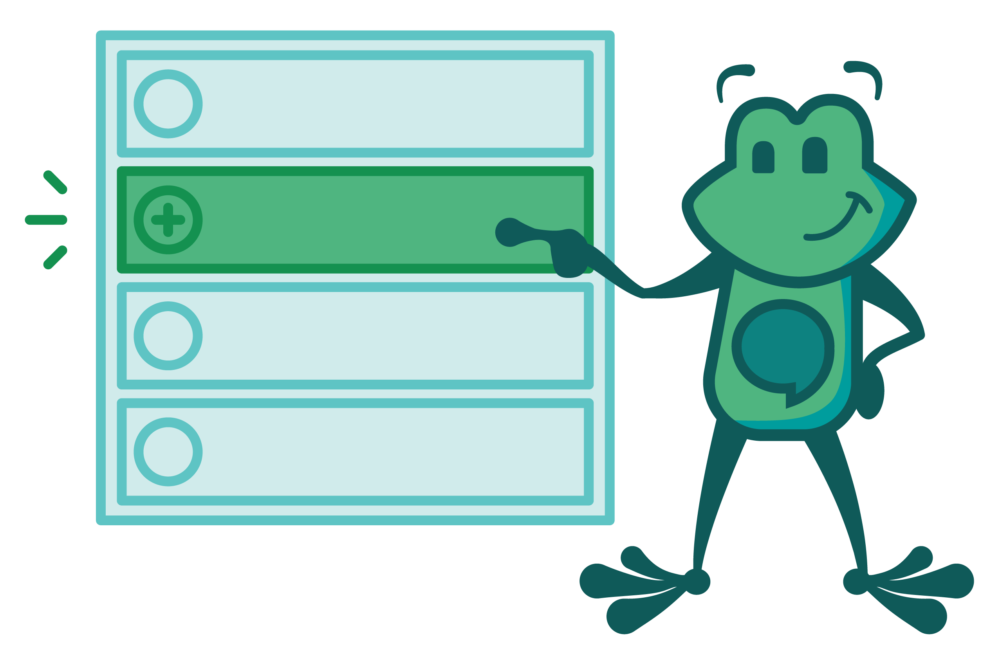Ready for FreePBX Now?
We have simplified the approach to install and configure an Asterisk-based open source phone system on a server or virtual environment. If you’re ready to experience the freedom of open source communications, follow these simple steps:
Start with the latest GNU GPL Install Script for Debian 12 to bring up a FreePBX system using the following steps:
- First, install Debian 12!
- In the cloud, check with your hosting provider for their preferred, built-in Debian 12 image (if any), OR
- Follow the Step By Step Debian Installation Guide for manually installing the Debian OS, if you haven’t already
- Then, execute our GitHub hosted “install” script, and follow the FreePBX system prompts.
- NEW IN 2025: Combine steps 1 and 2 by trying our SNGDEB BETA ISO to help speed up your Debian installation by preseeding answers to various installation questions, then watch the system reboot and automatically run the shell installer to complete the setup.
- After installation is complete, enter the IP address of the new PBX into a web browser on the same network. This will allow you to create the admin username and password.
- Configure your new IP PBX.
Download FreePBX

Thank you for downloading the FreePBX Distro!
You’re one step closer to using the world’s most popular open source PBX platform.
By providing your contact information we will be able to inform you of:
- Distro Releases
- Special Offers
- Product Updates
- New Products
- Newsletters/Blogs
You will be able to opt out of this communication at any time.

Why FreePBX?
Inclusive
FreePBX has zero restrictions on integrated features, such as the number of extensions, users, queues and IVRs you wish to create.
Secure
FreePBX is tested and maintained by Sangoma’s Quality Assurance and development teams.
Diverse
FreePBX is compatible with most commercially available virtual machines and physical hardware.
Intuitive
The FreePBX GUI makes it easy to use features, such as adding extensions, IVR auto-attendant rule making, restore & backup, system updates, and more.
Flexible
Based on open standards, FreePBX is compatible with most commercially available telephony hardware and SIP endpoints.
Multilanguage
As the most well-known open source IP PBX in the world, FreePBX enables users to choose local language support for each endpoint device, and as of 2025 it offers translations for 22 languages in the web interface.
-
Community is why FreePBX is what it is today.
Get involved and help us take it to the next level!
FreePBX - All the Built-in Features
Users can enjoy an unparalleled array of features built right into the FreePBX source code.
- Calling Queues
- Conference bridge
- Ring groups
- Wake up calls
- Announcements
- Calendar with third-party integration
- Unlimited extensions
- Interactive Voice Response
- Secure communications
- Voicemail blasting
- Video calling support
- Follow me / find me calling
- Text to speech
- Fax–to–email
- Voicemail
- Call transfer
- Call waiting
- Call screening
- Caller blacklisting
- Do not disturb
- Call transfer
- Call recording
- Call event logging
- Call detail records / call history
- Voicemail to email
- Three-way calling support
- Speed dials caller ID support
- Open Standards support for multiple protocols
- Softphone support
- WebRTC
- Mobile phone /desktop support
- Specialty device support (strobe alerts, voice gateways, failover devices, paging gateways, overhead paging, door phones)
- IAX2, SIP, PJSIP
- 21-day free trial of SIP trunking phone service
- PRI, ISDN, POTS /Analog, T1, EI, R2, J1
Customize Your IP PBX with Modules
FreePBX is tightly integrated with an online marketplace store, offering add-on features to enhance functionality and help scale your FreePBX deployment. The add-ons include functionality like:
- AI Transcription of call recordings and voicemails
- Desktop and mobile softphone clients
- CRM integration
- 3rd Party phone support
- Call Center features
- And much more!
Modules and add-ons purchased in the store automatically install onto your FreePBX system and can be applied system-wide, across all users.

Complete your FreePBX Solution with Sangoma
FreePBX Phone Service
SIPStation SIP trunking service is Sangoma’s own phone service built into every FreePBX system. With full auto-provisioning, you don’t need to be an expert! Sign up for a free trial directly from the FreePBX Admin GUI.
Fully Supported FreePBX
PBXact is the commercially supported FreePBX-based IP PBX from Sangoma. For those needing additional functionality, PBXact can be more cost effective than buying several add-ons.

IP Phones
Need IP Phones designed for FreePBX? Check out the P-Series phones with quick provisioning using End Point Manager (EPM). These modern, stylish phones feature plug-and-play configuration and a robust suite of Phone Apps.
Turnkey FreePBX Systems
Sangoma offers a complete line of certified FreePBX appliances with options for add-on modules and built-in telephony cards for analog or T1/E1 connectivity.
